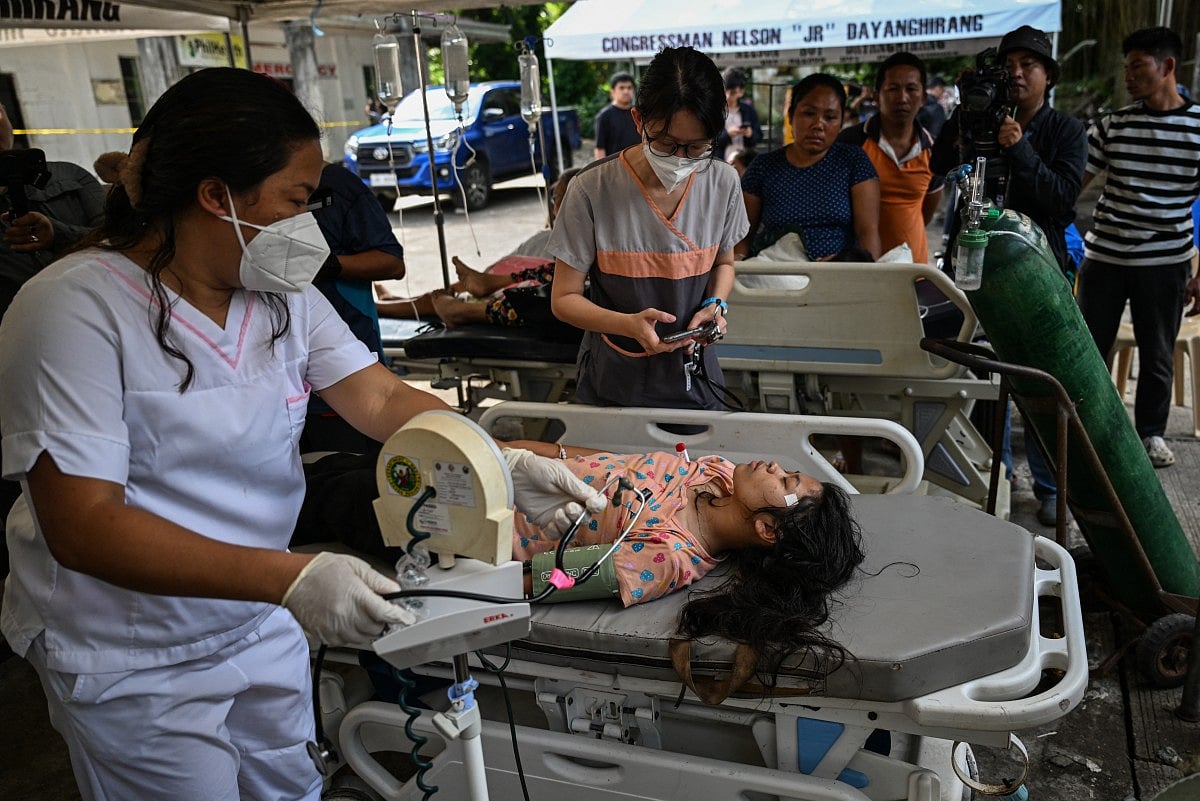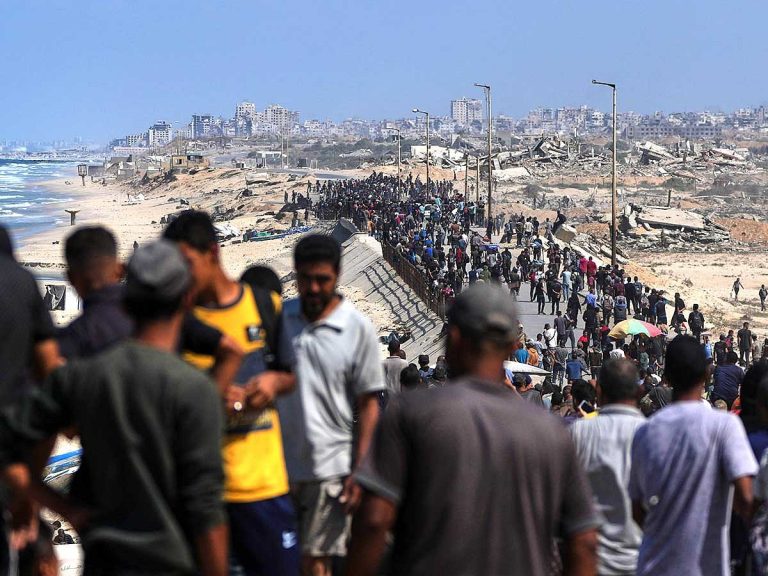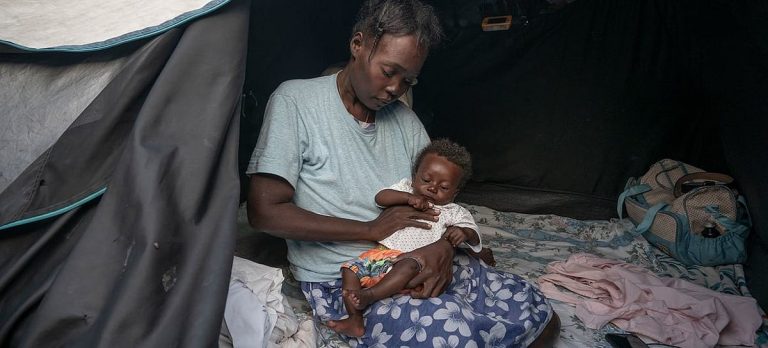Earthquakes in Davao Oriental Claim Eight Lives
Recent earthquakes in Davao Oriental have resulted in significant loss of life and widespread destruction. As of October 13, authorities have confirmed eight fatalities and reported over 400 injuries, with many individuals still being assessed. The seismic events have deeply affected local communities, prompting urgent responses from government agencies.
Overview of the Earthquakes
On October 11, Davao Oriental experienced two powerful earthquakes, measuring 7.4 and 6.8 in magnitude. The Philippine Institute of Volcanology and Seismology (PHIVOLCS) has recorded nearly 1,200 aftershocks in the region since the initial quakes. This ongoing seismic activity has raised concerns among residents and officials alike.
Impact on Communities
The earthquakes have severely impacted over 136,000 families, affecting more than 530,000 individuals across the Davao and Caraga regions. Many homes, schools, and hospitals have sustained significant damage, leading to the collapse of structures and creating hazardous living conditions. The Manay District Hospital, for instance, has been rendered unsafe, necessitating the evacuation of patients and the establishment of temporary medical facilities.
Displacement and Relief Efforts
According to the Department of Social Welfare and Development, approximately 49,421 individuals from 7,576 families have been displaced, with many seeking refuge in evacuation centers. The situation has been exacerbated by communication and power outages, complicating relief operations. Emergency responders are actively working to clear roads, provide medical assistance, and facilitate the distribution of essential supplies to affected areas.
Ongoing Monitoring and Preparedness
Authorities continue to monitor the situation closely, as aftershocks are expected to persist in the coming days. Residents are urged to remain vigilant and adhere to disaster preparedness protocols. The government has committed to providing swift assistance and recovery efforts to help communities rebuild and recover from this devastating natural disaster.
FAQs
What caused the earthquakes in Davao Oriental?
The earthquakes were caused by tectonic movements in the region, which is known for its seismic activity. The Philippine archipelago is situated along the Pacific Ring of Fire, making it susceptible to earthquakes.
How are authorities responding to the disaster?
Emergency response teams are mobilizing to provide medical assistance, clear roads, and distribute relief supplies. Evacuation centers have been established for displaced families, and ongoing assessments are being conducted to determine the extent of the damage.
What should residents do during aftershocks?
Residents are advised to stay alert, avoid damaged structures, and follow local authorities’ instructions. It is essential to have an emergency plan in place and to be prepared for potential aftershocks.
Conclusion
The recent earthquakes in Davao Oriental have resulted in tragic loss and significant disruption for many families. As recovery efforts continue, authorities are focused on providing immediate assistance and ensuring the safety of residents. Ongoing monitoring of seismic activity will be crucial in the coming days as communities begin to rebuild.
The region of Davao Oriental is particularly vulnerable to seismic events due to its geological positioning along the Pacific Ring of Fire, where tectonic plates frequently interact. This area has a history of earthquakes, which underscores the importance of preparedness and resilience among local communities. In light of the recent events, local government units are reviewing and enhancing their disaster response plans to better equip themselves for future seismic activities.
In addition to immediate relief efforts, long-term recovery strategies are being discussed to address the extensive damage to infrastructure and public services. Schools and healthcare facilities, which are vital for community stability, will require significant repairs and resources to restore functionality. The government is also exploring partnerships with non-governmental organizations and international aid agencies to bolster recovery initiatives, ensuring that affected families receive the necessary support to rebuild their lives.
As the situation evolves, mental health support is becoming increasingly important for those affected by the trauma of the earthquakes. Community leaders and health professionals are emphasizing the need for psychological assistance to help individuals cope with the emotional aftermath of the disaster. This holistic approach to recovery aims not only to address physical needs but also to foster resilience and healing within the community.
Also Read:
Rain and Thunderstorms Expected Across UAE Today







